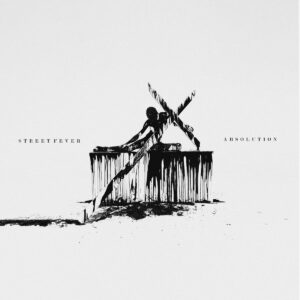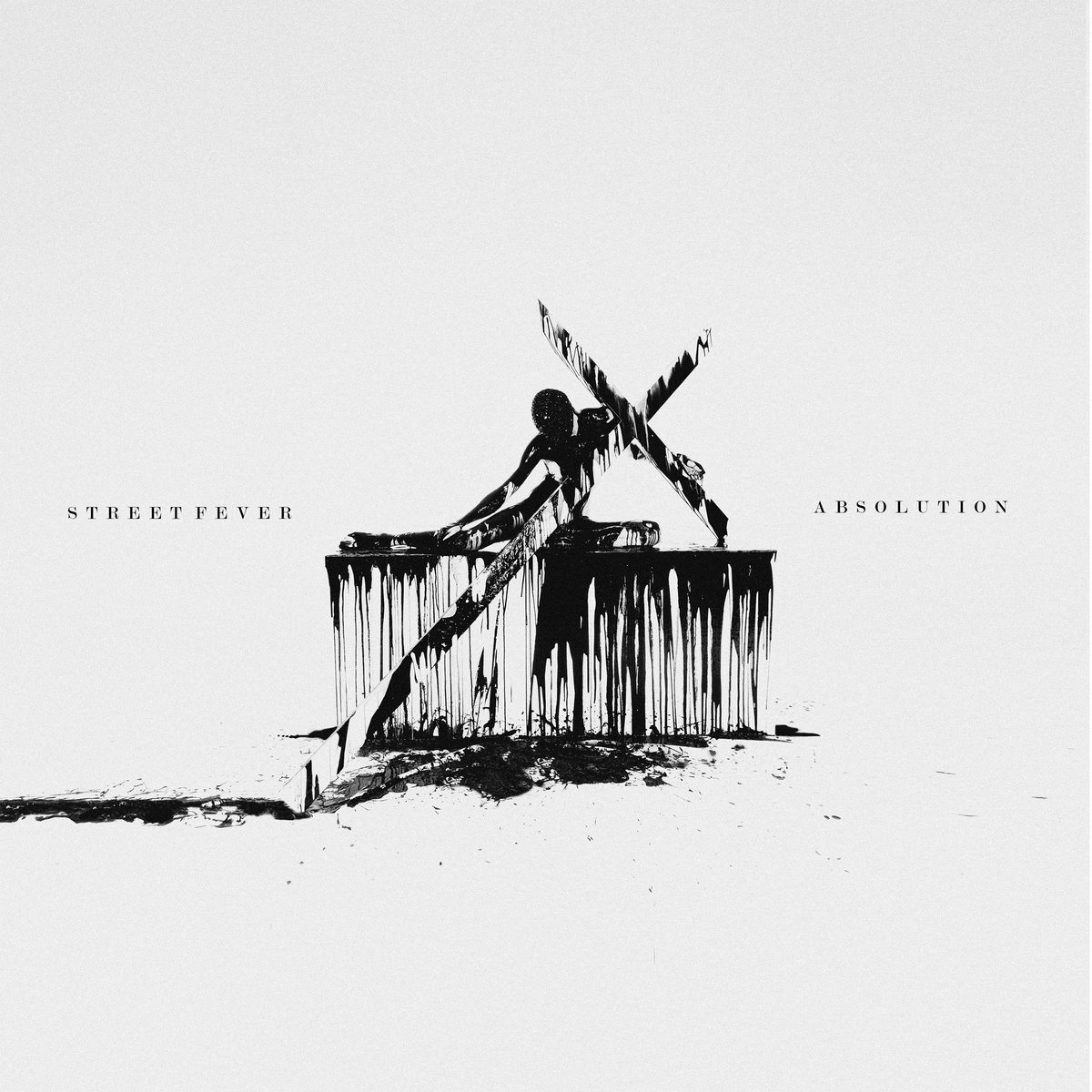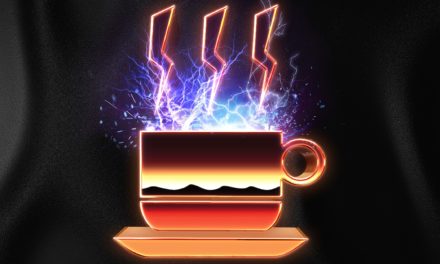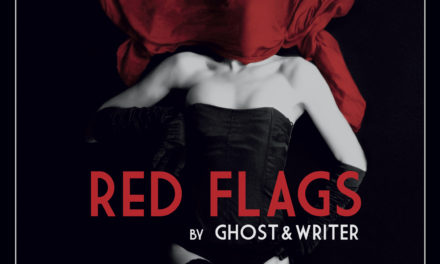
Street Fever
Absolution
Formality Trope
A full accounting of all the turmoil Idaho producer Street Fever experienced (or at least discussed publicly) since their last major release, 2020’s Gold Blood, is far beyond the scope or remit of a review like this. Suffice it to say that it’s been a time marked by grief, addiction, incarceration, institutionalization, and god knows what else. Four years is a long time for any artist to be on the sidelines these days, especially when those years have been so difficult. That context can’t help but shape the experience of Street Fever’s first full-length LP.
In its component sounds, Absolution very much follows in the style set forth by Street Fever back in 2015 with the Afflictions EP: a mix of EBM, of the moment techno and bass music, plus chopped and screwed hip-hop (in fact, three of Absolution‘s fifteen tracks are made up of back catalog numbers from previous releases). The rock-solid kicks and bass stabs of “Exhultation”, which connect the dots between current EBM and the earliest electro, while the detuned dive bombs and yowls which make up the much noisier “Betrayal” link Street Fever’s equal interests in industrial and hip-hop.
The precise min-maxing of those sounds and influences varies incrementally from track to track, with Athena Garza’s vocals lending some club-driven darkwave depth to “Fate” and “Sinner” heading into manic, over-driven rave territory. Each piece being a specific framing of a certain proportion of Street Fever’s aesthetics means that near imperceptible differences between them can make all the difference in how they hit to individual listeners. The updating of rhythmic noise on “Sensation” might be catnip to some, while others might find its klaxon-like caterwaul to be over the line.
Somewhat paradoxically, Absolution‘s full-length ambition makes it feel both unified and somewhat scattered at once. There’s certainly enough material here to get a full understanding of Street Fever’s aesthetic, and the combination of variety and repetition it communicates measures up to the task of an album’s construction. But at the same time, the short run-times and loop-focused structure of many tracks often connotes the opposite: a sense of standalone tracks collated for the sake of a compilation. Is Absolution a documentation of the work Street Fever’s been laying down over the past four years, or is it a unified reflection on those years and experiences themselves? Both, seems the likely answer.





